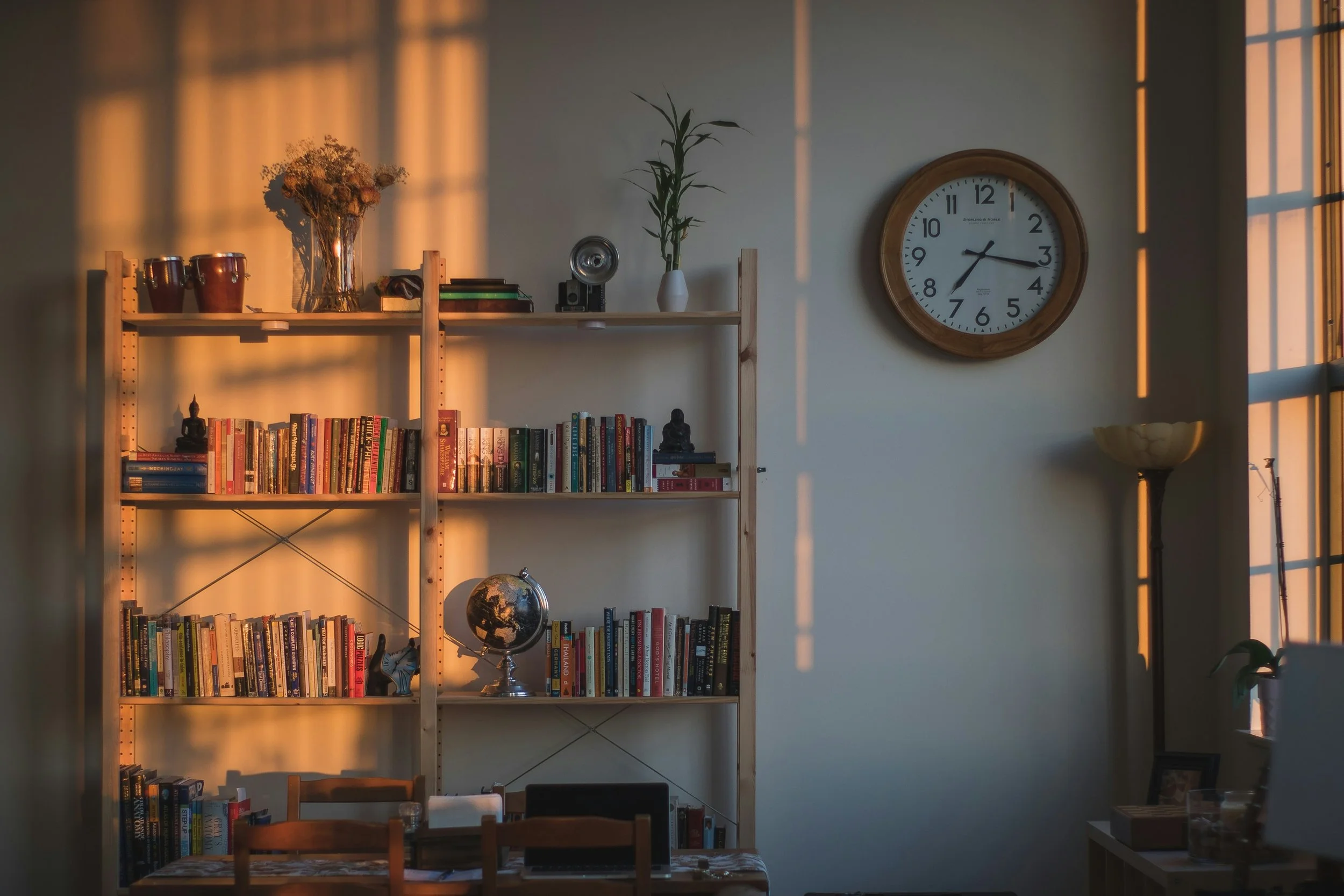You’ve probably heard the expression, “Messy mind, messy house.” When life gets busy or stress creeps in, keeping a clean and tidy home can feel nearly impossible. No matter how often you try to declutter, things never seem to stay neat, and that only adds to the frustration.
If you’re stuck in this cycle, know that breaking free isn’t as difficult as it seems. Once you understand what’s triggering your stress, it becomes much easier to manage both your mindset and your mess.
Here are five mental habits that may be keeping your home cluttered—and how to fix them.
Being in Survival Mode
According to Olivia Howell, certified life and success coach, clinical hypnotherapist, CEO, and co-founder of Fresh Starts Registry, being overwhelmed or in survival mode—especially for an extended period—can cause your home to become cluttered and messy. “Many people keep their homes cluttered because their nervous systems are overloaded. When we’re in survival mode, making decisions about what to keep, toss, or organize feels like too much," she says. "So things pile up—not because someone is lazy or messy, but because their brain is prioritizing safety and energy conservation.”
So, if you're going through a challenging period, try to practice self-care or another stress relief technique. It could be therapy, exercise, a new hobby, or even just taking an hour to treat yourself to something nice, like a massage. You might just find your home gets tidier as a result of the reduced mental load.
Tying Your Identity or Worth to Your Belongings
It can be easy to tie your identity to your belongings, especially in today’s world. After all, we’d be lying if we said that wearing a certain outfit or carrying a certain bag didn’t make us feel a particular way.
It's also common to accumulate things to make us feel safe. However, all of this can end up being problematic, explains Howell. “We also tend to hold onto things because we’re subconsciously afraid of scarcity," she says. "Keeping items just in case becomes a way to self-soothe, even if it adds to the chaos.”
To make the shift, she suggests working on yourself—or the “inner story,” as opposed to your physical space. “We always ask clients to gently notice what emotion comes up when they try to declutter: Is it fear? Grief? Naming the feeling gives it less power. Then, we work on rewiring the belief underneath—like replacing ‘I might need this someday’ with ‘I trust that I’ll have what I need when I need it.’”
Always Feeling Guilty
Guilt can be an overwhelming emotion that causes both mental and physical clutter, Shantae Duckworth, professional organizer and founder of Shantaeize Your Space, tells me. “Holding onto gifts, heirlooms, or expensive purchases out of obligation, even when they no longer serve a purpose.”
To minimize this emotion, she advises donating things. “Treating a donation bin near the door as a visual reminder, and using date-labeled post-its to track whether items are actually being used.”
Experiencing guilt can also be a result of how you were parented, adds Nicole Gabai, founder of B Organized, and a professional organizer with over 20 years of experience. “For this, I encourage people to seek out new ways of doing things if the current approach is no longer working for them," she says. "I suggest prioritizing what really supports your current life and values.”
Having an All or Nothing Attitude
All-or-nothing thinking can be a major factor when it comes to having a cluttered home. Many of us think that if every room of our home can’t be organized, then why bother at all? But a clean pantry and an organized bathroom are better than nothing, explains Gabai. “I see all-or-nothing thinking where you believe you can't even start the project unless it's completed perfectly in one day. I suggest that even chipping away at a project for 10 minutes a day or 10 minutes a week eventually gets it done, and no, it doesn't have to be perfect.”
Decision Fatigue
Having decision fatigue can contribute to a cluttered home. “This is what happens when you put off making numerous small decisions about where things go or what task is needed,” says Gabai. “To this, I suggest also trusting yourself to make quick decisions that are good enough. You might identify closely with things that you've collected over the years, or out of obligation to heirloom objects that you may not like or use at all. This is where you can shift your thinking to recognize that the gift served its purpose when it was given, and it's okay to let it go.”
The pro organizer recommends the same approach when it comes to sentimental objects. “It's always a matter of quantity," Gabai says. "You can save a couple of pieces that are special and photograph the rest, making it easier to part with them.”
Read more at Real Simple
Related Links
Selling and Buying at the Same Time? Here’s What You Need To Know
7 DIY Skills Every Homeowner Should Learn to Save on Renovation Costs
The Priciest Home Style in America Is Also One of the Rarest
If there is a home that you would like more information about, if you are considering selling a property, or if you have questions about the housing market in your neighborhood, please reach out. We’re here to help.


